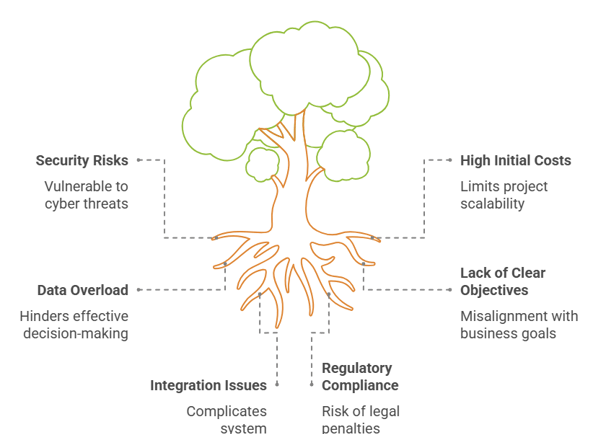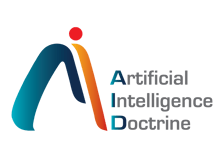Transform your business with innovative IoT solutions for efficiency and data-driven decision-making.


Smart City Solutions
The Internet of Things (IoT) is revolutionizing industries by enabling real-time data collection, automation, and predictive analytics. From smart cities to precision agriculture, IoT solutions enhance efficiency, reduce costs, and improve decision-making. Below are key best practices and industry-specific use cases for successful IoT implementations.
Best Practices for IoT Implementations
1. Clear Objective Definition
Identify specific business problems (e.g., energy waste, equipment downtime) to align IoT solutions with measurable outcomes.
2. Scalable Architecture
Use modular, cloud-based platforms (e.g., AWS IoT, Azure IoT) to accommodate growth and integrate with existing systems.
3. Robust Security
Implement end-to-end encryption, device authentication, and regular firmware updates to protect against cyber threats.
4. Edge Computing
Process data locally (at the edge) to reduce latency and bandwidth costs for time-sensitive applications (e.g., industrial automation).
5. Interoperability
Adopt standardized protocols (e.g., MQTT, LoRaWAN) to ensure seamless communication between devices and platforms.
6. Data Analytics & AI Integration
Combine IoT data with AI/ML for predictive maintenance, anomaly detection, and actionable insights.
7. Regulatory Compliance
Adhere to industry-specific regulations (e.g., HIPAA for healthcare, GDPR for data privacy).
Industry-Specific Use Cases
1. Manufacturing (Industry 4.0)
Predictive Maintenance: Sensors monitor equipment health to prevent failures (e.g., Siemens MindSphere).
Asset Tracking: RFID tags and GPS track inventory in real time, reducing losses.
2. Healthcare (IoMT)
Remote Patient Monitoring: Wearables (e.g., ECG patches) transmit vitals to clinicians for proactive care.
Smart Hospitals: IoT-enabled beds and dispensers optimize resource use and patient flow.
3. Agriculture (Precision Farming)
Soil & Crop Monitoring: Sensors measure moisture, pH, and nutrients to guide irrigation/fertilization (e.g., John Deere’s IoT tractors).
Livestock Tracking: GPS collars monitor animal health and location.
4. Smart Cities
Traffic Management: IoT cameras and sensors optimize signal timings to reduce congestion.
Waste Management: Smart bins alert collection teams when full, cutting costs by 30%.
5. Energy & Utilities
Smart Grids: IoT meters balance energy demand and detect outages instantly.
Water Leak Detection: Acoustic sensors identify pipe leaks in real time.
6. Retail
Smart Shelves: RFID tags track inventory levels and automate restocking.
Personalized Marketing: Beacons send location-based promotions to shoppers’ phones.
7. Logistics & Transportation
Fleet Management: IoT telematics track vehicle performance, fuel use, and driver behavior.
Cold Chain Monitoring: Sensors ensure perishable goods (e.g., vaccines) stay within temperature ranges.
Challenges & Mitigation
Security Risks : Deploy zero-trust architectures and regular penetration testing.
High Initial Costs : Start with pilot projects to demonstrate ROI before scaling.
Data Overload : Use AI-driven analytics to filter and prioritize critical data.
IoT is a transformative force across industries, but success depends on strategic planning, security, and scalability. By leveraging these best practices and use cases, organizations can unlock IoT’s full potential to drive innovation and operational excellence.






IoT Solutions
Contact Us


Reach out for IoT solutions that enhance efficiency and decision-making in your industry.
Customer Feedback
Discover how IoT solutions transformed our clients' businesses and operations.
The IoT implementation streamlined our processes, significantly reducing downtime and costs.
Alex Johnson
New York
Our IoT solution improved efficiency and decision-making, leading to remarkable cost savings.
Maria Smith
San Francisco
★★★★★
★★★★★
Get in touch
83 Watsonbrook Dr. Brampton, L6R 0R5, ON, Canada
contact@aidoctrine.com
Shahed Tower, 10 Floor, Mirgab, Kuwait city, Kuwait
